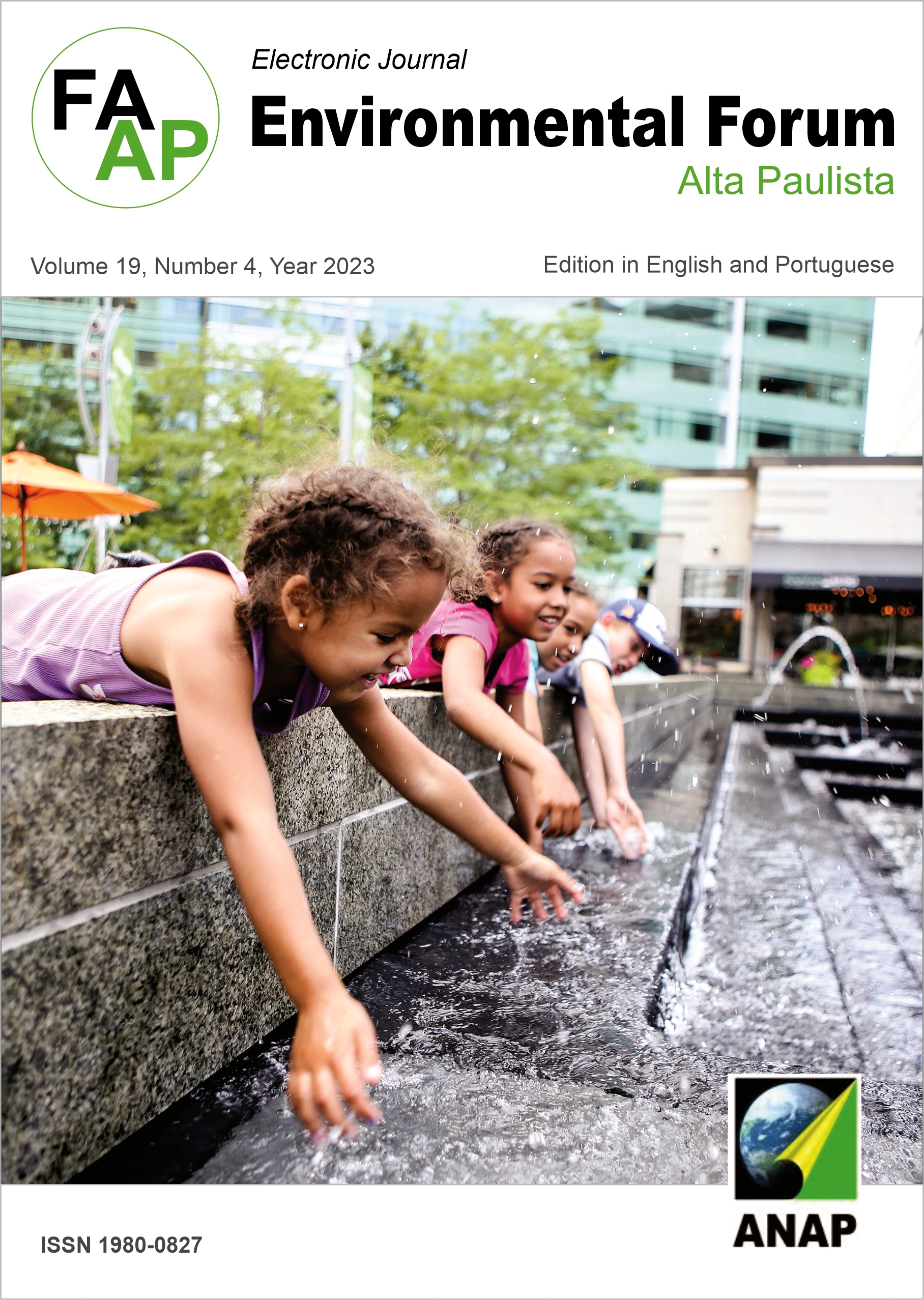Observatory of smart and sustainable cities: an implementation study for the Metropolitan Region of Vale do Rio Cuiabá-MT
DOI:
https://doi.org/10.17271/1980082719420234369Keywords:
Cities Observatory, Smart and Sustainable Cities, RMVRC/MTAbstract
City observatories have been attracting interest from various municipalities due to their ability to provide information of the most diverse nature that can make a substantial contribution to city planning. The aim of this research is to present a set of information that can be produced by an observatory of smart and sustainable cities, in a study focused on the Metropolitan Region of Vale do Rio Cuiabá, in the state of Mato Grosso (RMVRC/MT), which has characteristics that justify its implementation. The methodology used is characterized by a qualitative approach, with exploratory objectives, whose technical procedures involved bibliographic, documentary and census surveys. The relevance of this study lies in the objective possibilities of setting up an Observatory which, in addition to producing new knowledge, can make a major contribution to formulating assertive public policies. The social, environmental and public governance contributions come from the establishment of the UN Sustainable Development Goals (SDGs), and their variants, as the focal point of this research.
Downloads
Downloads
Published
Issue
Section
License

This work is licensed under a Creative Commons Attribution-NonCommercial-ShareAlike 4.0 International License.












